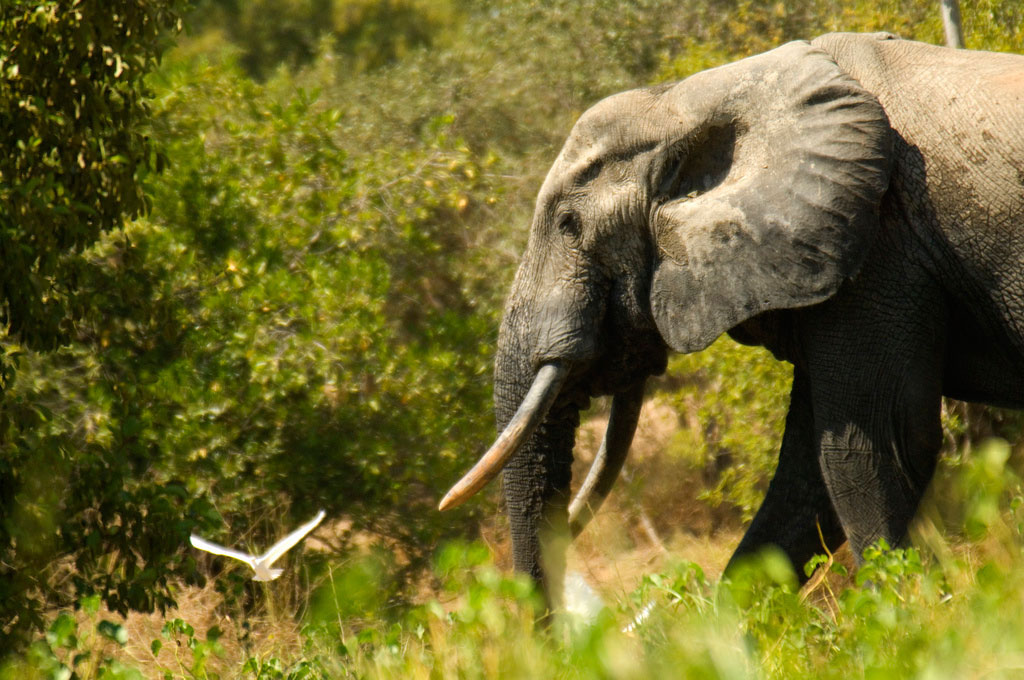Improved security of tenure for land and property can make a critical contribution to ensuring social and economic progress in rural and urban settings, supporting poverty reduction and furthering gender equality and peace and security. Land tenure, including a range of tenure types appropriate to local conditions and needs, such as community property rights and the protection of resource commons, creates certainty about what can be done with land or property and its use and can increase economic opportunities and benefits through investment.
Ensuring the rule of law in the exploitation of natural resources is essential to ensuring inclusive and sustainable economic growth and development and in respecting, protecting and fulfilling the human rights of persons. Sustainably and transparently managed natural resources, in accordance with the principles of international environmental law , can be the engine for economic well-being and a basis for stable and peaceful societies. Moreover, the harm caused by wildlife poaching and trafficking has direct impact on conservation efforts, rule of law, governance and economic development. The 1973 The Convention on International Trade in Endangered Species of Wild Fauna and Flora provides the framework for the repression of illicit wildlife trafficking.

